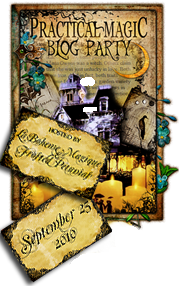
When you set a match to your heart
Fueling with bitterness and doubt.
That's the place that once it starts
No amount of tears can put it out.
I know you're scared,
but no one's spared when you play with matches.
You've got me walking through the fire...
(Walking Through the Fire, by Mary Chapin Carpenter)
I presented a paper in November, 2008-- in Chicago, just before election day, in the Mormon Studies section at the American Academy of Religion annual conference. A heuristic exercise in looking at agency in Mormonism, the title was "Vocal Mormons Meet Mitt Romney:
In a nutshell, Romney's candidacy resulted in a multitude of news articles and blog essays about the question of individual agency in the LDS Church. As a result, Romney repeatedly insisted that he would not be sanctioned by the LDS Church for publicly supporting social issues the Church is against. Similarly, the LDS Church reaffirmed its usual assertion of Church political neutrality and extended it by stating its awareness of political diversity among church members and its intention to respect that. Soon after, California Proposition 8 became the litmus test for this implied tolerance.
I have not personally heard that anyone has been excommunicated for public resistance and criticism of Prop 8, though I have heard of a few being threatened privately with church discipline. Even so, I still believe that, without the attention drawn to Romney and the questions he generated about individual agency inside of the LDS Church, Mormons would not have assumed their church's tolerance on this very public and divisive issue and many would not have been public with their critique.
Of course I'm always interested in the insights of others into this and other aspects of the Mormon world.
P.S. Many of these ideas appear in an article I wrote for Religion in the News, at http://www.trincoll.edu/depts/csrpl/RINVol11No3/Mormon%20Proposition.htm









